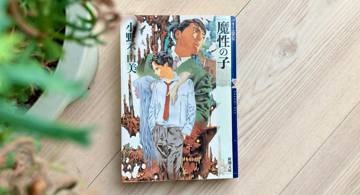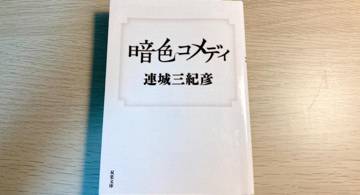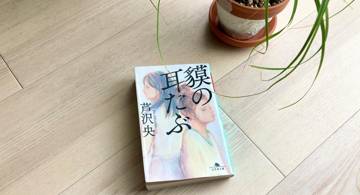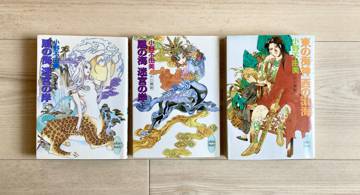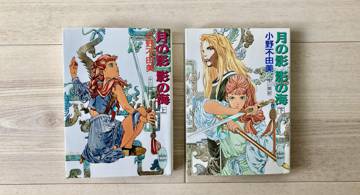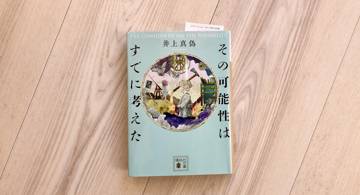Overview
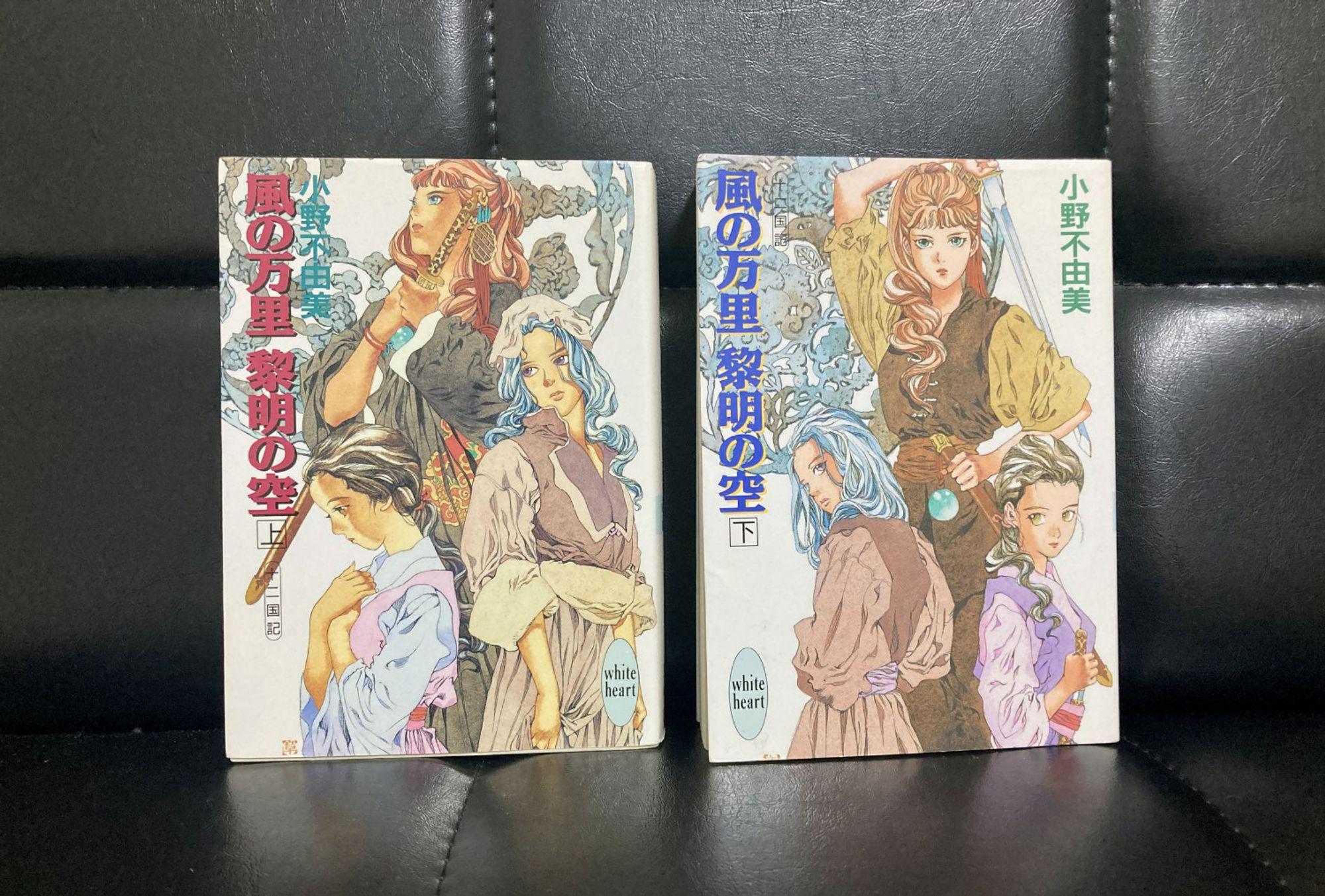
I continued from where I left off, borrowing it from a friend. This is it. This volume is what moved me when I was a kid. Here are the summary and my thoughts.
Summary
- In the second year of Sekiraku, in the kingdom of Kei, something was happening. In the capital, Gyouten, at the Kinpa Palace, Yoko, who had become the Queen, was having a tough time. The only thing Yoko, bearing the Taika, could do was to scrutinize her subjects' opinions. However, satisfying everyone was impossible, so inevitably, she would hear someone sigh, even Keiki, who chose her, sighed at times. But our Yoko is different from the previous king; she knows how to fight herself. Yoko decides to start by going down to the town to understand how people live. (What a respectable person......)
- While Yoko is learning about governing from Enho, who possesses a sage-like demeanor, and living in the town, she discovers something alarming. In Takuhou, a place in Washuu (one of Kei's provinces), a dangerous man named Shoukou is executing people at will, and above him is Gahou, the lord of Washuu, who is in collusion with the Chousai, Seikyou. Yoko is furious, but as a monarch, she has no power in the court. Since she cannot do anything straightforwardly, she decides to join a group plotting a rebellion.
- There, she meets Shoukei, Kantai, Ooki Suzu, and Koshou.
- Shoukei is the daughter of Chuutatsu, the former king of Hou, who was executed along with her family after her father sentenced a fifth of the population to death, leading to a rebellion. Constantly reminiscing about her life in the You Shun Palace, she was always infuriated by the hatred from the people of Hou, but after meeting the greatly righteous Rakushun on her journey to Kei, she is enlightened that her failure to admonish her father and to fulfill her duties as a princess led to her downfall, and she becomes a decent person.
- Kantai is a subordinate of Koukan, the lord of Mugen province in Kei, always plotting to beat Gahou.
- Ooki Suzu is a pitiful "I'm so miserable" and "you wouldn't understand my feelings" type of girl who has been bullied by Riyuu, a do-nothing hermit of Sui Bi Dou in Hazan of Jin Ken in Hoshuu of Sai, for 100 years. She snaps at Kouko, the Saiou of Sai, when told she should act more mature, only to be enlightened by the 12-year-old Seishuu to become a better person.
- Koshou is the one who rises in rebellion to beat Shoukou.
- With the aforementioned individuals, Yoko successfully quells the unrest in Washuu. The Forbidden Army, which had underestimated Yoko, bows down to her spirit. Yoko then invites them to the palace, seeking trustworthy individuals.
Thoughts
- This volume really takes off. There are a lot of new proper nouns; I couldn't read without taking notes......
- It's starting to become a struggle to follow the eras of the different countries. I wish the Emperor or the Queen Mother of the West would introduce a concept like the Gregorian calendar.
- "A head full of tears like a water jar": Refers to Shoukei. I laughed at this direct metaphor filled with animosity and humor.
- "That girl still doesn't understand her own sins. That's why she doesn't think about atonement.": Words of Gobo, who abuses Shoukei. It clearly explains to the confused reader why Shoukei is disliked by the people of Hou. Well, it's inevitable that Shoukei is annoying. Ignorance is inevitable. What matters is how one confronts what they learn.
- "Some people, even if they are not unhappy, force themselves into unhappiness": Words spat by Seishuu at Ooki Suzu. Seishuu is too much of a convenient narrative device. He was created by the author just so Ooki Suzu could have a change of heart. As a result, the process of her transformation feels fabricated, and I couldn't come to like it. A bothersome character who looks at the dark side of things and captures people to say, "Look at this side!"
- "People are happy because ... (omitted) ... their hearts are happy": Words of Kouko. Those who look at the bright side of things and strive to brighten the future are happy even before they become happy. If you meet such a person, ask them to show you the bright side. Such people are mentally independent, so they won't bother saying, "Look at this side!" to you.
- "It must be right to trust him, considering how much Rakushun cares": Shoukei's words about her affection for Rakushun. So passionate. I wish I could be someone Rakushun cares about too...
- "Resentment": This is a word I genuinely didn't know. It seems to mean anger towards someone superior.
- "You're silly": A line by Shushou, the 90-year-old king of Kyou, when dealing with a kirin. This is the right way to interact with a kirin.
- "Your Majesty, please wait," "Your Majesty...!" "......Your Majesty!": The flustered Keiki. It seems to represent Yoko's unilateral actions, but as mentioned above, when looking at examples like the king, it seems this is the right way to interact with a kirin.
- "Humans, Keiki": Yoko's words. As I wrote at the beginning, I've remembered this passage since I was a child. It's been over 20 years. "True respect and gratitude naturally make one bow their head." It's a wonderful saying. In my character formation, this idea holds a significant presence in the genre of "respect for others." I believe that when you truly respect someone, it naturally shows. There's no need to demand superficial respect, nor do I need to feign respect. True respect naturally reveals itself, and only true respect is valuable. However, right after he quells the standoff with the imperial guards by bowing respectfully, abolishing such a gesture seems to undermine his own position, doesn't it? That's what I thought upon reading it now.
